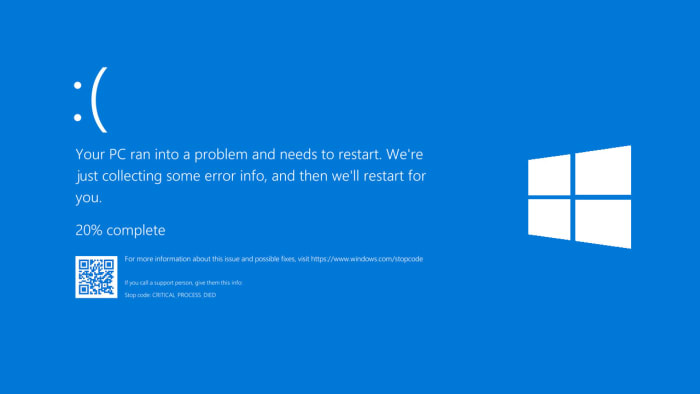Table of Contents
The recent global IT outage involving Microsoft and CrowdStrike has sent shockwaves across industries, affecting airlines, hospitals, banks, and media organizations. As the world grapples with the impact, businesses are taking urgent steps to manage the fallout and maintain operations. This article explores how companies are reacting to this unprecedented crisis and the measures they are putting in place.
Immediate Business Impact
The outage, which began on July 19, 2024, has disrupted vital operations for companies worldwide. As highlighted by Computing, airlines faced massive delays and cancellations due to the collapse of their digital infrastructure, hospitals had to revert to paper records, and banks experienced significant issues with transaction processing.
Airline Industry: Grounded but Not Beaten
The airline industry has been particularly hard-hit. According to Sky News, major carriers immediately activated their disaster recovery plans. Airlines, including industry giants, resorted to manual check-in processes and non-digital communication methods to keep flights operating as much as possible.
“Customer trust is paramount, so we are doing everything to ensure our passengers reach their destinations despite these challenges,” stated an airline representative. Nevertheless, flight schedules remain significantly disrupted, leading to clogged airports and widespread passenger dissatisfaction.
Healthcare Sector: a return to paper
Hospitals have also been heavily affected by the outage. The loss of access to electronic health records and digital systems has forced healthcare providers to resort to paper documentation. This shift has slowed down operations and complicated patient care coordination, but hospitals are committed to maintaining the quality of care. Many institutions are re-evaluating their dependency on digital systems and exploring hybrid models for future resilience.
Banking and Financial Services: mitigating financial uncertainty
Banks have faced their own set of challenges. The outage disrupted online banking services and delayed transaction processing, causing anxiety among millions of customers. According to NBC News, financial institutions have urged customers to use alternative payment methods and have bolstered their call centers to handle the surge in customer inquiries.
Financial firms are now scrutinizing their IT frameworks and are expected to make significant investments in backup systems and diversified digital dependencies to avoid future disruptions.
Media Companies: silence on the Airwaves
Media organizations have also been struggling. Broadcasting capabilities have been considerably hindered, leading to blank screens and delayed programming. This has not only affected viewership but has also disrupted advertising revenues and contractual obligations. As noted by Business Insider, media companies are exploring alternative broadcasting methods and enhancing their disaster recovery plans.
Corporate Leadership: crisis management and future strategies
Across all sectors, corporate leadership has been quick to implement crisis management strategies. CEOs and IT heads are convening emergency meetings to assess the situation and develop long-term strategies for digital resilience. Companies are expected to diversify their technological reliance and shore up their cybersecurity frameworks to guard against similar incidents in the future.
“This outage is a wake-up call. We need to build more resilient and diversified IT systems to ensure business continuity,” said an executive from a major financial firm.


